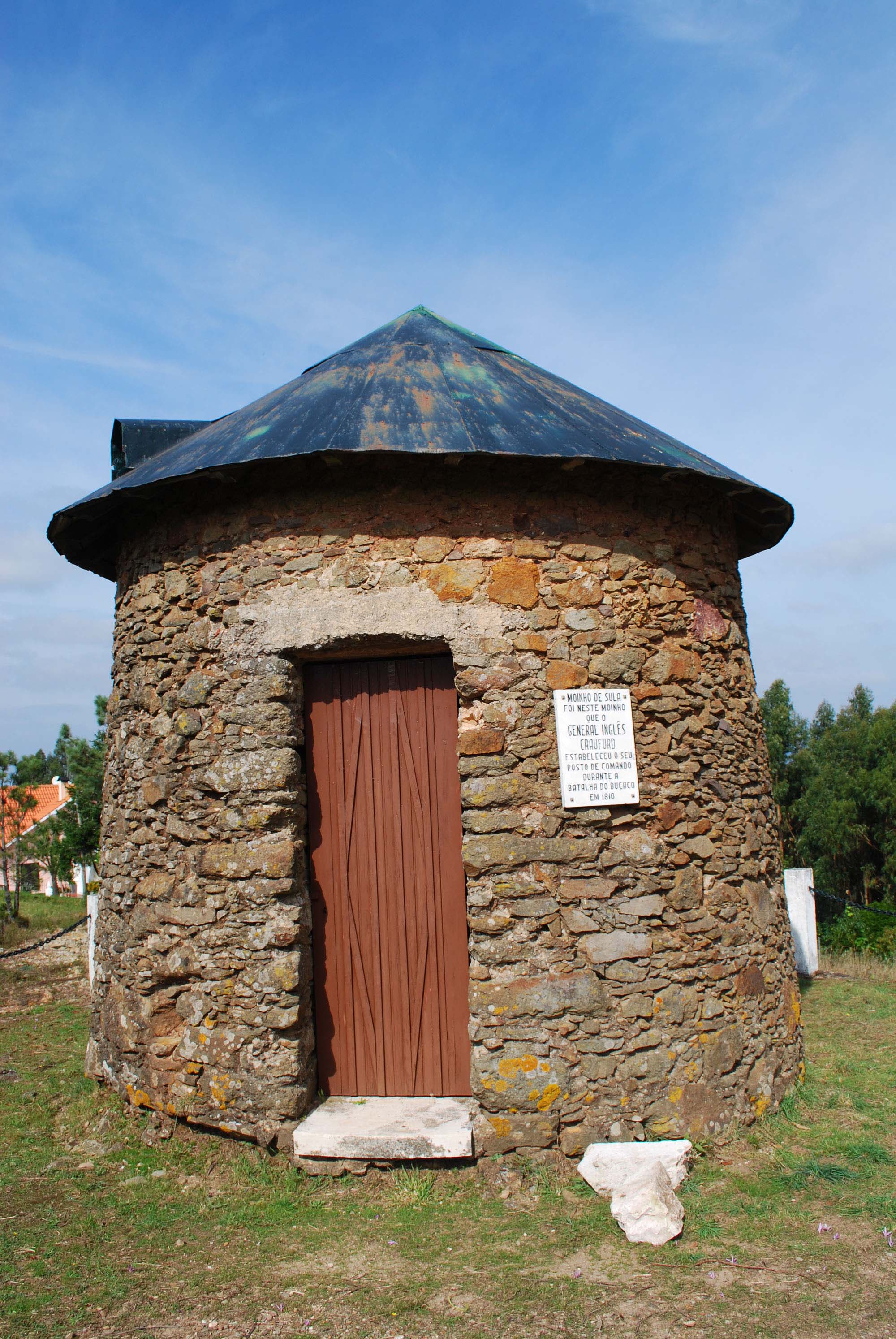HISTORY
The Peninsular War (1807–1814) was a military conflict between Napoleon’s empire and Bourbon Spain (assisted by the United Kingdom and its ally, Portugal), for control of the Iberian Peninsula during the Napoleonic Wars. The war began when the French and Spanish armies invaded and occupied Portugal in 1807, and escalated in 1808 when France turned on Spain, previously its ally. The war on the peninsula lasted until the Sixth Coalition defeated Napoleon in 1814, and is regarded as one of the first wars of national liberation, significant for the emergence of large-scale guerrilla warfare.
The British Army, under then Lt. Gen. Sir Arthur Wellesley, later the 1st Duke of Wellington, guarded Portugal and campaigned against the French in Spain alongside the reformed Portuguese army. The demoralised Portuguese army was reorganised and refitted under the command of Gen. William Beresford, who had been appointed commander-in-chief of the Portuguese forces by the exiled Portuguese royal family, and fought as part of the combined Anglo-Portuguese Army under Wellesley.
In 1812, when Napoleon set out with a massive army on what proved to be a disastrous French invasion of Russia, a combined allied army under Wellesley pushed into Spain, defeating the French at Salamanca and taking Madrid. In the following year Wellington scored a decisive victory over King Joseph Bonaparte’s army in the Battle of Vitoria. Pursued by the armies of Britain, Spain and Portugal, Marshal Jean-de-Dieu Soult, no longer able to get sufficient support from a depleted France, led the exhausted and demoralized French forces in a fighting withdrawal across the Pyrenees during the winter of 1813–1814.
The years of fighting in Spain were a heavy burden on France’s Grande Armée. While the French were victorious in battle, their communications and supplies were severely tested and their units were frequently isolated, harassed or overwhelmed by partisans fighting an intense guerrilla war of raids and ambushes. The Spanish armies were repeatedly beaten and driven to the peripheries, but they would regroup and relentlessly hound the French. This drain on French resources led Napoleon, who had unwittingly provoked a total war, to call the conflict the “Spanish Ulcer”.
WHAT YOU CAN SEE
If you are interested in the Peninsular war then you have come to the right place. Bussaco is but an hour away, Redinha 30 minutes, Vimeiro, Roliça, Torres Vedras an hour and a half. There are excellent museums at some of these locations – though not always open during winter months.
More further afield you can reach Badajoz, Ciudad Rodrigo, Salamanca, Almeida, River Coa and more in as little as 3 hours.
Below we have given you a flavour of what you can see.








